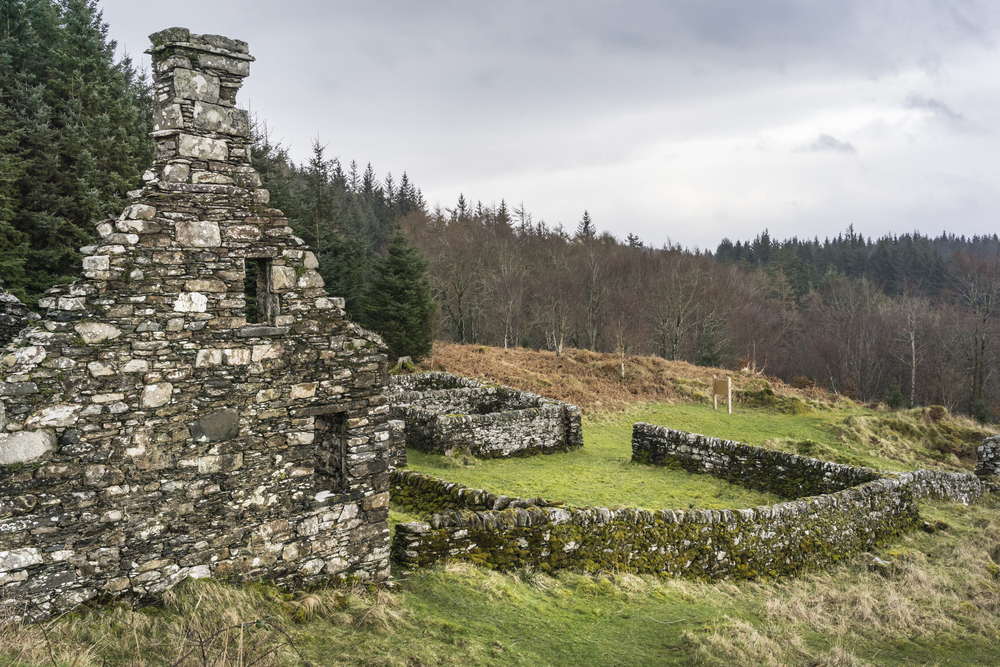Scottish Gaelic is not just the language many of us know today, but the history and culture as well. When we conducted a survey on how young people engage with Gaelic, 83.9% of young people stated that Gaelic culture and heritage are valuable. This short article is going to look back at where Gaelic came from, how it declined and why it has begun to flourish again.
A Scottish Gaelic Origin Story
Scottish Gaelic is believed to have originated from Ireland hundreds of years ago (roughly the 4th century) and is a Celtic language.
It was Scotland’s primary language, used in the medieval era used more than any other language. When Scotland beat the Picts (800AD), Gaelic would go on to replace Pictish across many parts of Scotland. It did not stop there either, in western and northern parts of Scotland, Gaelic replaced Norse when the Vikings were cleared from the land.
Decline of Scottish Gaelic
It was around 1300AD that Gaelic’s spread across Scotland had peaked, but struggled to grow to the South-East where a variant of Early Scots was growing.
In 1400AD Early Scots would then thrust much of Gaelic away from central Scotland, it would then begin to recede to the Highlands where it seemed to halt for some time until 1700AD when it would retreat even further. A large part of this would be to do with the final loss of the Jacobites in 1746 which was damaging to Gaelic, with this the British Government banned everything related to Highland culture.
The Highland Clearances largely took place between 1750 and 1860. This was when many people in the Highlands were cleared from the land that they lived and worked on. Highlanders worked on small patches of land called crofts, on these crofts they would raise animals such as cattle or sheep but they would also plant and harvest crops. This land, however, was not owned by the Highlanders but instead rented to them by wealthy landowners such as the Duke of Sutherland. These landowners realised that they could increase their profits by simply having sheep on their land instead of having to rent it to the Highlanders.
Landowners cleared the Highlanders out of their homes and in some of the most infamous cases, burned down their houses to force them to leave. With nowhere to live many people froze to death in the harsh conditions of the north and with no method of growing food some also starved. Many went to cities such as Glasgow and found new professions in factories. Some also emigrated to other countries to start a new life away from the tragedy. Some of the most common places to emigrate were Canada, America, and Australia which is why some people still have Scottish heritage in these places. This caused a significant decline in the number of Gaelic speakers in Scotland and has led to the language running the risk of dying out.

How Scottish Gaelic is Being Revived
In recent years there has been an attempt to revive the language.
There are now plenty of Gaelic resources for new people who are interested in the history and the culture of the Highlands. BBC Alba was launched in 2008 and continues to provide content for Gaelic speakers as well as learners.
Gaelic is taught in several schools across Scotland which is creating an environment for new, young Gaelic speakers who will in turn shape the language. Gaelic has become incredibly more accessible as a language and there are resources to start learning for free on sites such as LearnGaelic and large communities of speakers who are always happy to assist learners.
The number of speakers is still low but hopefully, over time there will be a significant development for the language.
Find out more
Discover more about the history of Scottish Gaelic:
Visit our Scottish Gaelic campaign page, for more information, opportunities and learning resources.
